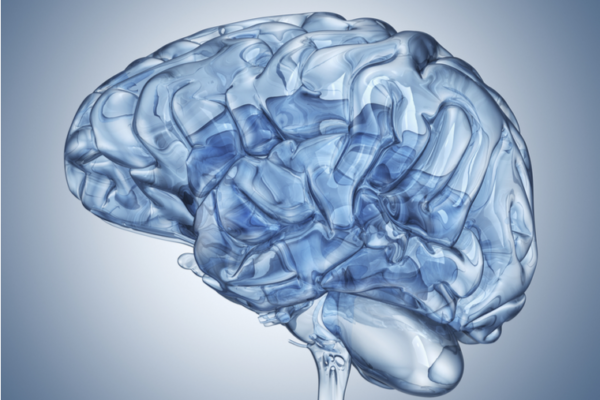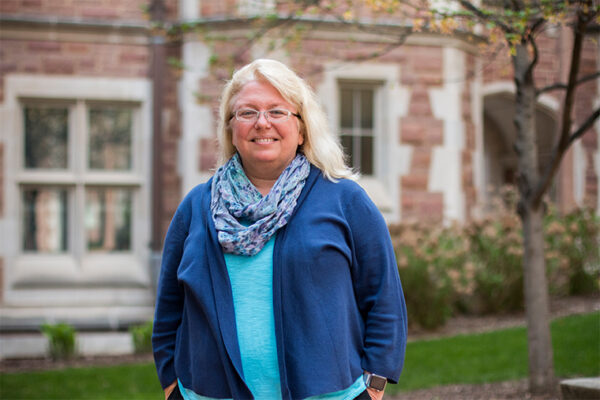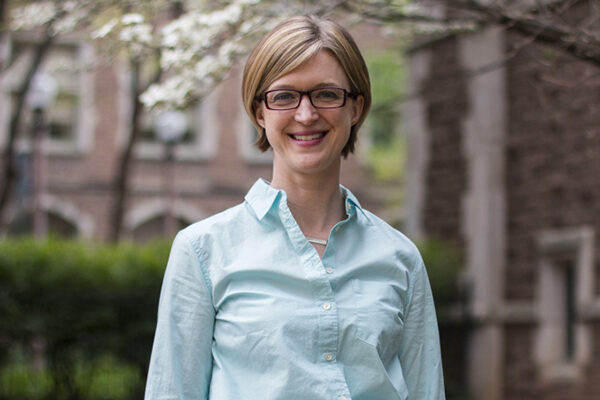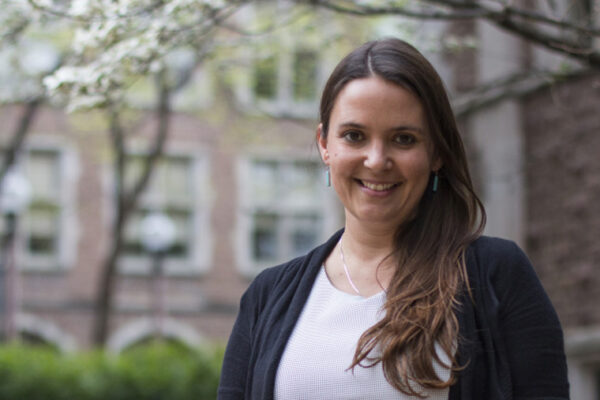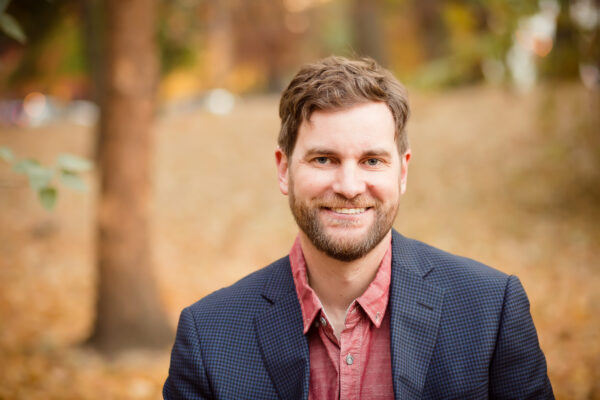OHMB recognizes Barch with Glass Brain Award
The Organization for Human Brain Mapping has awarded its Glass Brain Award to Deanna Barch, of Arts & Sciences and the School of Medicine, in recognition of her influential work on the function of the human brain.
SSRI use during pregnancy not related to childhood depression
New analysis of the Adolescent Brain Cognitive Development Study by Ryan Bogdan’s lab in Arts & Sciences finds no link to depression in children with prenatal exposure to selective serotonin reuptake inhibitors (SSRI) drugs.
Demographics, not bias, best predict traffic stops
New research from the lab of psychologist Calvin Lai in Arts & Sciences shows that the racial demographics of a county, more than other factors, help predict discrepancies when it comes to who gets pulled over by police.
Barch recognized for achievement, excellence
The Society for Research in Psychopathology has awarded its Joseph Zubin Lifetime Achievement Award to WashU’s Deanna Barch in recognition of her lifetime contributions to the understanding of the field.
NIH funds Barch research on neurodevelopment
WashU’s Deana Barch will use a $753,181 grant from the National Institutes of Health (NIH) to better understand healthy neurodevelopment.
NSF awards grant to Van Engen
Kristin Van Engen in Arts & Sciences received a grant from the National Science Foundation to research and better understand communication when accents are involved.
NIH funds English, Thompson research into emotion
The National Institutes of Health (NIH) awarded funding to Tammy English and Renee Thompson in Arts & Sciences for research to better understand emotion and aging.
Juvenile justice: ‘We are coming up short’
Analyzing data from thousands of young people, Joshua Jackson in Arts & Sciences finds the juvenile justice system is not rehabilitating kids.
APS selects English as fellow
Tammy English, associate professor of psychological and brain sciences in Arts & Sciences, has been named a fellow of the Association for Psychological Science.
APS selects Bogdan as fellow
Ryan Bogdan, associate professor of psychological and brain sciences in Arts & Sciences, has been named a fellow of the Association for Psychological Science.
Older Stories
